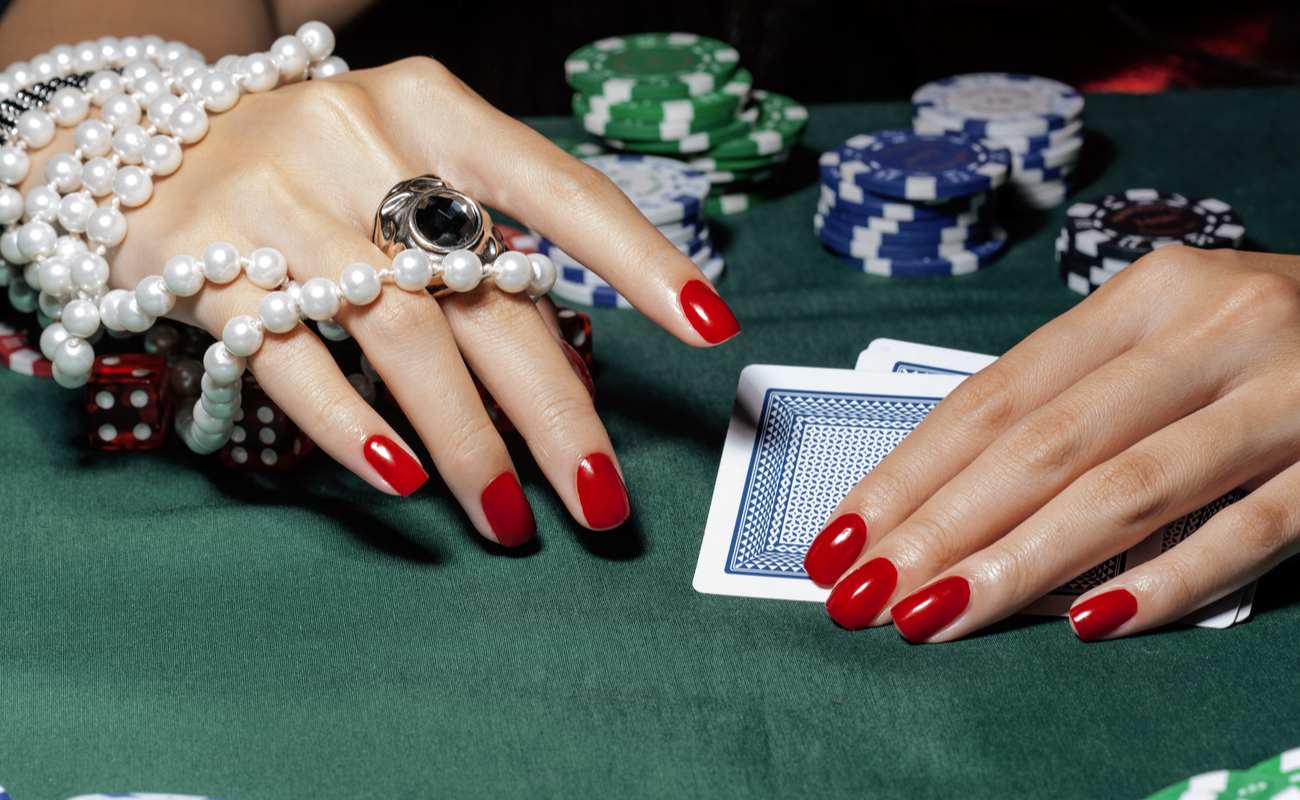Gambling is a pastime that has been enjoyed by many throughout history. While generally thought of as predominantly male-oriented, women have also had a long relationship with gambling and its games.
From Ancient Rome to the American West, this article will explore how women’s involvement in gambling has shaped our modern world.
Through an exploration of the complex motivations behind their participation, we can discover how they have defied societal expectations time and time again to make their mark on gaming culture.
Gambling and Women: A Surprising Connection

Women have long been seen as the last group of people to be associated with gambling. Surprisingly, however, women’s involvement in gambling can be traced back centuries. Women from ancient Rome and Greece were known to wager on a variety of games such as dice and chariot races.
During the Middle Ages, women were often found playing card games for money at courtly events and royal banquets. In more recent times, female-centric gambling dens could be found across Europe where women would flock to partake in roulette or blackjack tables.
Today, online casinos, such as jackpotjill casinos are becoming increasingly popular among female gamblers who may not feel comfortable visiting traditional brick-and-mortar establishments due to gender norms or other social pressures.
Despite its longevity throughout history, it is only now that the connection between women and gambling is being explored in greater detail by both sociologists and feminists alike – opening up fresh perspectives on this unlikely relationship between two seemingly opposite worlds.
The Evolution of Women’s Participation in Gambling Activities
Women have been participating in gambling activities for centuries, though their participation has changed over the years. In ancient times, women were allowed to gamble and often had a great deal of luck. Women could bet on various sports or games and might even be found playing cards with other women.
During the medieval period, however, there was an increase in restrictions against female gamblers which limited their opportunities to partake in these activities. The industrial revolution saw a significant shift towards more open attitudes about gambling among both men and women.
As societal norms began to relax, so did laws regarding gambling activities – including those that restricted female participation. This led to an explosion of new casinos catering specifically to women where they could freely participate without fear of judgment or retribution from society at large.
By the mid-twentieth century, changes in legislation meant that it was no longer necessary for only male patrons to frequent casinos as some establishments were now allowing female guests too – although certain areas such as poker tables were still off-limits for most females during this period due to gender roles within society.
Unmasking Stereotypes: Exploring Female Involvement in Gambling Through Time

Throughout history, gambling has been considered a male-dominated activity. However, the reality is far more complex. Women have been involved in all forms of wagering throughout time—as players, administrators, and financiers.
By studying historical accounts from around the world, we can begin to unravel these stereotypes and uncover just how much women were involved in gambling activities over time.
From Chinese courtesans playing dice to 19th-century French casino owners running their establishments, women have always played an integral part in gaming culture.
By examining evidence such as legal records and personal diaries, it’s clear that many women used their privilege or financial resources to take advantage of new opportunities presented by games of chance—either for themselves or others around them.
Society must understand its own biases so as not to perpetuate unfair assumptions about who gambles today—and who should be allowed access to gaming circles tomorrow.










